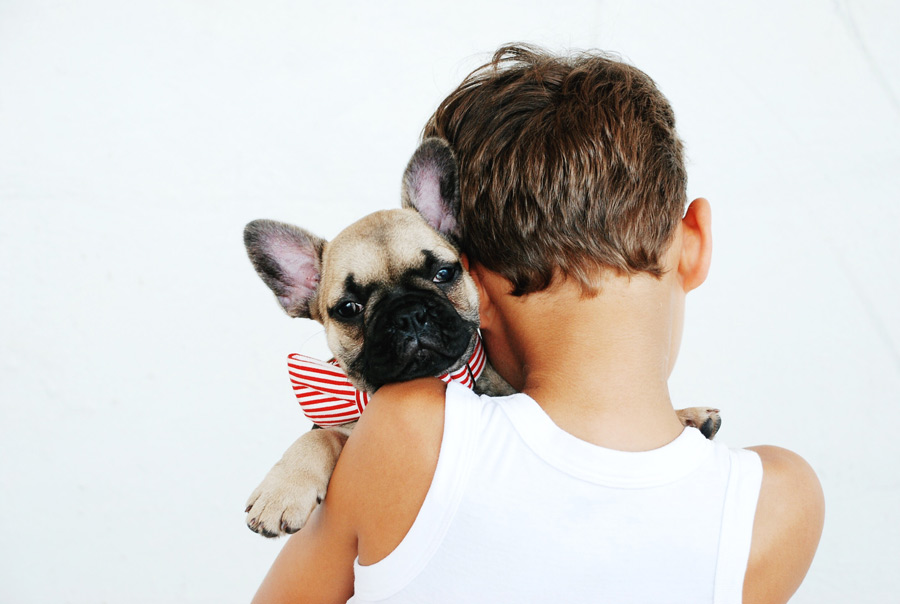Booming pet adoption rates might be good news now, but what about in the longer term?
Some say the increase in pet adoptions is the silver lining to COVID-19, but will the looming recession or a mass return to work signal bad news for pets?
Since the start of the coronavirus pandemic the RSPCA has reduced adoption fees to encourage more people to adopt a pet. It’s worked, as adoption rates are looking positive.
According to news reports, the RSPCA has seen a 40% increase in pet adoption rates compared with this time last year and enquiries to animal welfare charities in NSW have quadrupled.
Certainly, seeing an abandoned or surrendered pet find his or her forever home is fantastic, but in these uncertain times how sure can we be that pet owners will be financially able to continue to care for their new pet? Indeed, how confident are we that owners will be able to look after their pet when they no longer need to self-isolate?
Worries over post-COVID pet surrender
New fears are emerging about the likely economic effects of COVID-19, not to mention changes in lifestyle, and how they may force people to surrender their pets.
Without doubt, a cat or dog makes a great companion when you’re at home with nowhere to go, but what happens post virus when we witness a return to work?
There’s also the impact of recession on pet adoption rates and pet care. A study into the rates of animal surrender and adoption at a Chicago animal shelter in the years leading up to and during the 2007 recession found that senior dogs were more likely to be relinquished during an economic crisis. This is most likely due to the increased costs associated with caring for a senior dog.
The surrender rates for young dogs, puppies, cats and kittens remained stable; they weren’t significantly impacted by the recession. However, the authors noted that adoption rates might have reduced as a result of the economic hardship.
Certainly, the last thing we want to see is Australia’s current adoption-fever turn into mass surrender. Pet professionals can play an important and necessary role by encouraging potential pet adoptees to consider life post virus and how a pet fits into that version of everyday.
Before making the decision to adopt a pet, owners should consider how much time they will have for their new pet after COVID-19. Also, if they are no longer working from home or return to work, can their pet be adequately cared for?
Having these conversations with would-be pet owners is certainly not about discouraging them against pet adoption, it’s simply about helping them make an informed decision. Ultimately, it’s about the welfare and happiness of the animals.

What about the financial impact of COVID-19 on pet care?
Another concern is the fact that we are likely to enter a recession off the back of COVID-19. Many people will be out of work as industries struggle to recover from the pandemic. This leads to the question ‘What if pet owners can no longer afford to look after their pets?’
Fortunately, past experience tells us that we don’t have too much to worry about. According to a Business Insider report, it doesn’t matter how hard life gets, pet owners tend not to stop caring for their pets.
Indeed, they may pull back on ‘non-essential’ items and services. Say farewell to trips to the doggy day spa, Fido! As for the fur baby’s personal chef, he might no longer be in business. Yet, when it comes to basic food and cuddles, there’s no shortage.
It seems recession might mean a tightening of the household budget, but it doesn’t necessarily mean owners will be any less committed to their fur pals.
For most pet owners, basic pet care is an essential – just like food, water and electricity, which is great news for pets.
What are your experiences of per care in times of crisis or uncertainty?
Information sources:
Todd, Z. The effect of recession on companion animals. Companion Animal Psychology. April 26, 2012 Accessed online April 202.
Hsin-Yi, W and Hart, L. Impact of the Economic Recession on Companion Animal Relinquishment, Adoption, and Euthanasia: A Chicago Animal Shelter’s Experience. Journal of Applied Animal Welfare Science. 15, 80-90. January 2012.
Watson, P. Pet care is a recession-proof industry. Business Insider, Jul 26, 2018. Accessed online April 2020.
Image source: Unsplash
Latest posts by Liz Walden (see all)
- Pet health: Medicinal cannabis for pets - December 27, 2021
- What pet business insurance do I need? - November 17, 2021
- Pet sitters: how to take time off - November 15, 2021










Leave A Comment